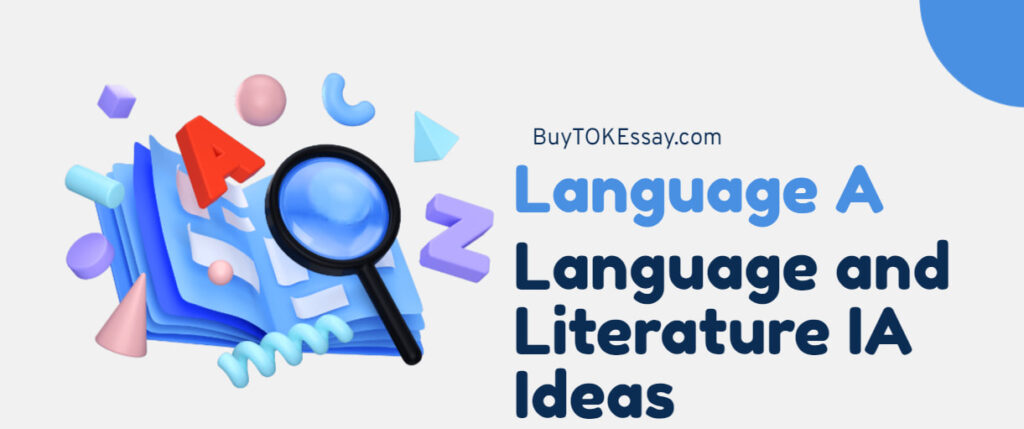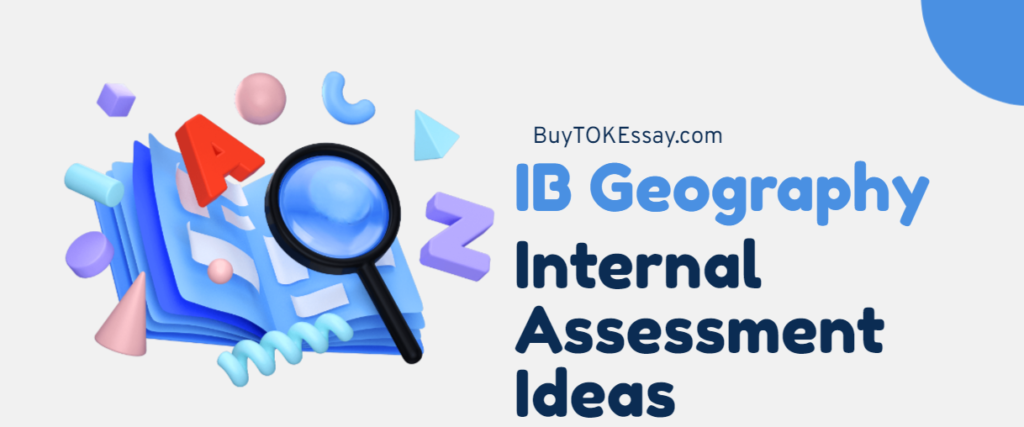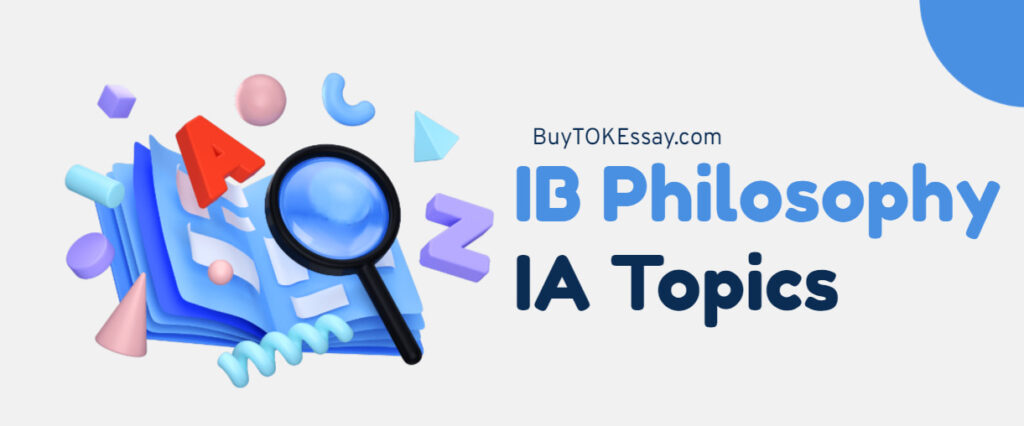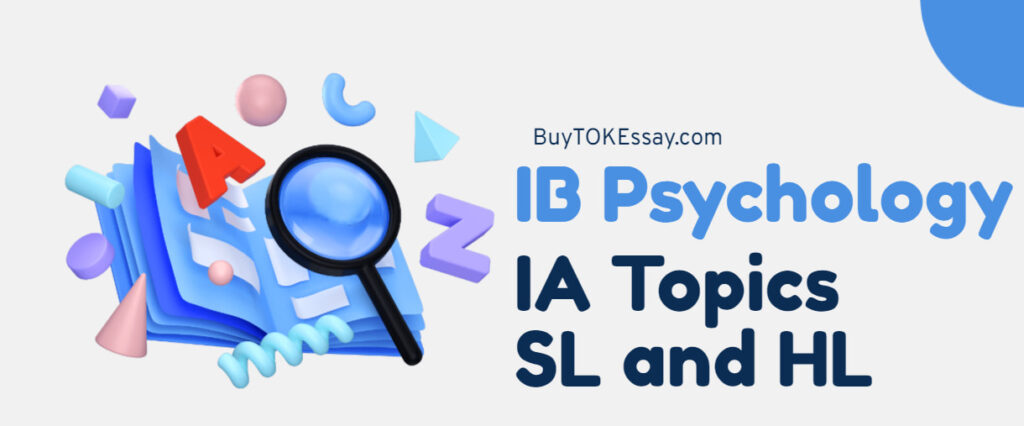Many students have asked me, “What should I choose as my Physics IB Internal Assessment topic?” I’ve written many IB papers, so I know what they ask. Picking the right option is very important because it builds a substantial project. This Internal Assessment is a perfect chance to show how well you understand physics ideas by doing your research. So, if you need some inspiration, check out the Physics IB IA topic ideas I provide below.
What Is a Physics Internal Assessment?
As an experienced IB writer, I can attest that the Internal Assessment is one of the most fascinating and intricate components of the IB Physics course. Consider it your chance to become a physicist by planning and researching a topic that piques your interest. The Internal Assessment emphasizes your ability to apply what you’ve learned in a real-world setting instead of standard tests that assess your knowledge.
A mandatory component of the IB Diploma Program, Physics IA significantly impacts your final result. It helps you to develop several crucial abilities, such as:
- Designing and conducting an experiment.
- Methodically evaluating facts and clearly presenting them.
- Using the principles of physics to connect your results.
In my perspective, the IB Internal Assessment is about demonstrating your innovation and curiosity, not simply about fulfilling the standards. It’s a unique research project since you can choose your topic. As long as it is within the requirements of the curriculum, you may research everything from electromagnetic wave characteristics to pendulum mechanics.
I always stress that students should stay in line with the IB standards. Your Internal Assessment shows your grasp of physics ideas and critical thinking abilities, not just your ability to experiment. Approaching it from the correct perspective can help you find one of the most fulfilling aspects of your IB program.

Physics IB IA Topic Ideas for Your Inspiration
For Physics IB Internal Assessments, these topic suggestions provide useful, interesting choices to help you research your interests and stay aligned with the curriculum.
Mechanics-Based Topics
- How does surface texture affect the coefficient of friction between two materials?
- Investigate the relationship between a ramp’s angle and an object’s acceleration.
- How does the mass of a pendulum affect its period?
- Analyze the energy transfer in elastic vs. inelastic collisions.
- How does air resistance impact the velocity of falling objects of different shapes?
- Investigate how the length of a pendulum impacts its frequency.
- Study the motion of a projectile with varying initial velocities.
- How do different materials affect the bouncing height of a ball?
- Examine the impact of wheel size on the speed of a rolling object.
- Investigate the relationship between spring compression and the distance a projectile travels.
- How do varying load weights affect the mechanical advantage of a lever?
- Analyze how angular velocity changes with mass distribution in a rotating object.
Electricity and Magnetism Topics
- How does the number of turns in a coil affect the strength of an electromagnet?
- Investigate how temperature impacts the resistance of a conductor.
- How does the wire material influence the efficiency of an electrical circuit?
- Analyze how the distance between two parallel wires affects the force between them.
- How does current affect the magnetic field strength in a solenoid?
- Investigate how changing the frequency of an AC current affects an electromagnet.
- Study the factors that influence the efficiency of a simple generator.
- How do different insulating materials reduce current loss in a wire?
- Analyze the relationship between voltage and resistance in a light bulb filament.
- How does the separation distance between capacitors in a circuit affect their performance?
- Investigate how wire gauge impacts power loss in long-distance transmission lines.
- Study how magnetic shielding reduces the strength of a magnetic field.
Thermodynamics-Based Topics
- Examine how the thickness of insulation affects the cooling rate of liquids.
- Test how the material of a container impacts the rate of heat transfer.
- Study the relationship between temperature and the pressure of a gas in a sealed container.
- Determine how the surface area of a liquid influences its evaporation rate.
- Evaluate the efficiency of different materials as thermal conductors.
- Measure the energy efficiency of various cooking methods.
- Investigate how the addition of salt changes the boiling point of water.
- Compare the heat absorption capacities of dark vs. light-colored surfaces.
- Study how temperature impacts the expansion rate of different metals.
- Assess how double-glazed windows reduce heat loss compared to single-glazed ones.
- Analyze how different fuels influence the heat output of combustion processes.
- Determine the effect of varying insulation thicknesses on the time required for ice to melt.
- Examine how the specific heat capacity of a substance impacts its cooling curve.
Waves and Optics-Based Topics
- Test how the incidence angle impacts light’s refraction through different materials.
- Examine how the wavelength of light changes the diffraction pattern through a single slit.
- Measure the effect of different mediums on the speed of sound.
- Determine the relationship between the frequency of a wave and its energy transfer.
- Assess how the thickness of a lens influences the focal length of light rays.
- Evaluate the factors that affect the resonance frequency of a vibrating string.
- Study how changing the amplitude of a sound wave affects its perceived loudness.
- Analyze how different surface textures alter light reflection and scattering.
- Examine the relationship between light wavelength and the angle of maximum intensity in a diffraction grating.
- Test how water depth affects the speed and wavelength of water waves.
- Determine how temperature influences the speed of sound in air.
- Compare the polarization of light through various filters.
- Measure how different liquids affect the bending of light in refraction experiments.
Modern Physics-Based Topics
- Test the relationship between the energy of photons and their wavelength using LEDs.
- Examine how the photoelectric effect varies with different light intensities.
- Study the half-life of radioactive decay using a simulation with dice or pennies.
- Evaluate how the speed of particles changes with variations in electric field strength in a particle accelerator model.
- How does temperature impact superconductivity in certain materials?
- Analyze the diffraction patterns of electrons in a double-slit experiment simulation.
- Determine the relationship between the mass and energy output in nuclear fission models.
- Assess the impact of varying energy levels on the spectral lines of hydrogen gas.
- The effect of different materials on the efficiency of a photovoltaic cell.
- Measure how magnetic shielding reduces radiation in a simulated cosmic ray experiment.
- Study how quantum tunneling probabilities are affected by potential barrier height.
- Investigate the relationship between the speed of light in a medium and its refractive index.
- Examine the behavior of Bose-Einstein condensates at near absolute zero temperatures.
- Compare the efficiency of lasers with different wavelengths in cutting various materials.
- Test how blackbody radiation changes with temperature using simulated data.
Remember that your chosen topic must match the IA grading rubric and the basic IB requirements. This entails solid data analysis, a well-defined methodology, and a compelling research question. Ignoring these factors might significantly affect your score.
Final Checklist for Choosing Your Physics IA Topic
When choosing a topic that meets all these requirements, you position yourself for a more seamless IA writing process and a better result. Remember that the Internal Assessment is your opportunity to demonstrate your analytical abilities and curiosity, so make the most of it!
Does the Topic Meet IB Requirements?
Above all, make sure your topic fits the IB Physics IA requirements. In my opinion, the best topic consists of quantifiable factors, a well-stated hypothesis, and workable strategies that you can confidently implement.
Avoid topics that are too general or ambiguous since IB assessors prefer structure and clarity. For example, you may query, “How does the thickness of insulation affect the heat transfer rate?” rather than, “How does heat transfer work?” This level of detail will help you remain on task and fulfill the requirements of the IB rubric.
Can You Perform This Exmepiment?
A great topic has to be useful in addition to being fascinating. Consider whether you have the necessary tools and supplies to conduct your research. Also, think about the time required for data gathering and processing as well. I’ve found that students who realistically prepare their experiments are far less likely to suffer stress at the last minute.
For instance, most students may be able to investigate how various angles affect projectile speed with only basic supplies like a ball, a ramp, and a protractor. However, reproducing a large-scale particle impact experiment without sophisticated lab access is impossible.

Need Help with Your IB Internal Assessment?
Reach your full ability and improve your IB IA scores with our help. The BuyTOKEssay.com team can help you write an excellent paper from scratch or tweak your current project to match your supervisor’s requirements.
You can buy an Internal Assessment that fits your needs with just one click.
Will You Find This Topic Interesting?
Finally, choose a topic that really interests you. I believe the work you put into your IA will show how passionate you are about the issue, and this excitement often yields better outcomes.
Consider whatever aspects of physics, such as mechanics, waves, or maybe thermodynamics, captivated you in your lectures. For instance, if you like music, you may integrate your hobbies with the laws of physics by researching how various materials impact sound absorption.
More Topics for Your Internal Assessments:
- IB IA Economics Topic Ideas
- Math: Applications and Interpretation Topics
- Biology IA Topics for SL and HL Level
- Mathematics: Analysis and Approaches IA Topics
- IB Computer Science IA Topics and Ideas
- IB IA Topics for Environmental Science
Conclusion
Choosing the appropriate Physics Internal Assessment topic doesn’t have to be challenging. You may write an interesting and high-scoring paper using these pointers and selecting ideas from the recommended Physics IB IA topics. The ideal topics are both possible to research and fit your interests.
I hope your IA goes well, and if you need assistance with any aspect of the IB curriculum, don’t hesitate to contact our professionals at BuyTOKEssay Service.





